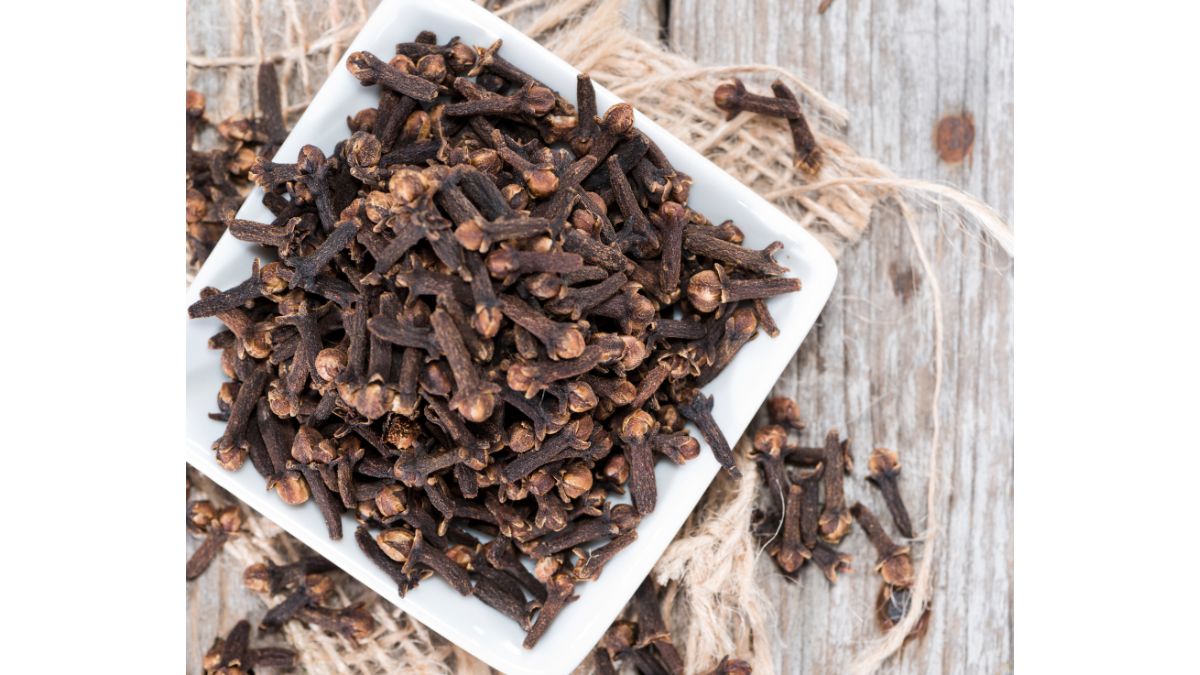- By Prerna Targhotra
- Thu, 27 Jul 2023 11:57 AM (IST)
- Source:JND
Natural Mouth Fresheners: It surely feels embarrassing when our mouth stinks and the people around us avoid communicating with us. There can be varied reasons why our mouth stinks, such as not brushing our teeth properly, not flossing regularly, and poor oral hygiene. It is important to practise good oral hygiene habits to maintain overall well-being. When our mouth smells bad, we try using mouthwashes and other products that work temporarily. Although oral hygiene is a must, here are some natural mouth fresheners that are effective in combating stinking mouths and are easily found in your kitchen.
1. Cardamom
Popularly known as Elaichi, cardamom is a natural kitchen herb that can be effective for bad breath. Chewing a pod of cardamom for a few minutes can help get rid of bad breath.
2. Roasted Coriander
Coriander seeds work as an amazing mouth freshener. It is a great source of vitamins, minerals, magnesium, and potassium and works to combat bad breath. You can dry roast some coriander seeds, add a pinch of salt to them and use them as a mouth freshener.
3. Clove

Clove, also known as laung fights off the bacteria that causes cavities and foul smells and makes your mouth smell fresh. Chewing a few pieces of cloves or making clove tea can be effective.
4. Guava Leaves
Several studies suggest that the antibacterial properties of guava leaves are excellent for toothache, mouth ulcers and bad breath. You can consume guava tea or chew guava leaves along with a few cardamoms for mouth hygiene.
5. Mint Leaves

Another effective natural ingredient for bad breath available in your kitchen is mint leaves. Mint leaves help in clearing the plaque disposition in the mouth, leaving your mouth smelling fresh. You can chew a few mint leaves to mask bad breath and avoid embarrassment.
6. Honey And Cinnamon
Honey and cinnamon are one of the most magical home remedies used for several purposes. The strong anti-inflammatory and antibacterial properties of honey and cinnamon help in reducing bacterial growth in the mouth, thus preventing bad breath.
(Disclaimer: This article is for informational purposes only. It is not a substitute for professional advice, diagnosis or treatment.)


